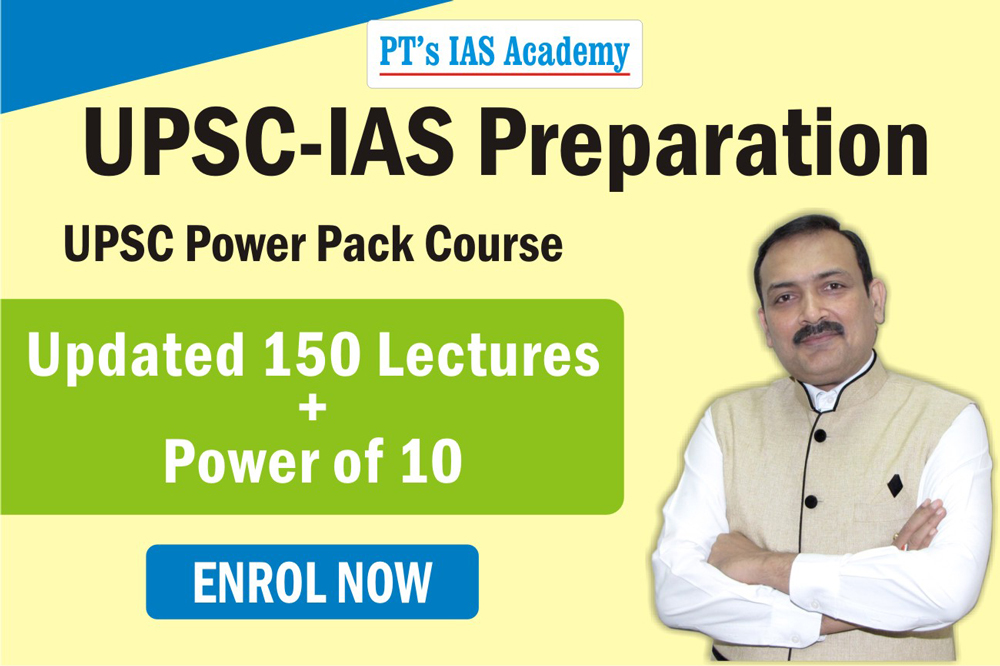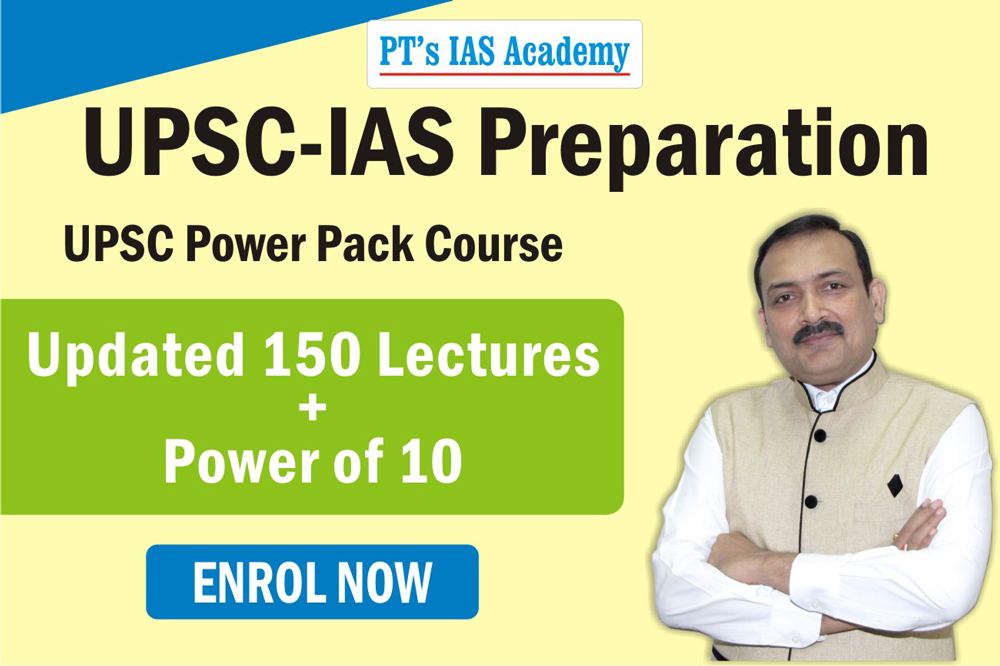The story: The original source of the concept of Directive Principles of State Policy (DPSP) is the Spanish Constitution from which it came in the Iri
Indian constitution's Directive Principles of State Policy (DPSP)
- The story: The original source of the concept of Directive Principles of State Policy (DPSP) is the Spanish Constitution from which it came in the Irish Constitution, and resides in the Article 45. Indian constitution's Part IV (Article 36–51) contains the Directive Principles of State Policy (DPSP).
- Details of DPSP: The Article 37 of the Indian Constitution States about the application of the 'Directive Principles', as those aiming at ensuring socioeconomic justice to the people and establishing India as a Welfare State. The principles are classified on the basis of their ideological source and objectives, so we have - (i) Socialist Principles, (ii) Gandhian Principles, and (iii) Liberal and Intellectual Principles.
- DPSPs based on socialist principles:
- Article 38: The State shall strive to promote the welfare of the people by securing and protecting a social order by ensuring social, economic and political justice and by minimising inequalities in income, status, facilities and opportunities
- Articles 39: The State shall in particular, direct its policies towards securing - Right to an adequate means of livelihood to all the citizens, The ownership and control of material resources shall be organised in a manner to serve the common good, The State shall avoid concentration of wealth in a few hands, Equal pay for equal work for both men and women, The protection of the strength and health of the workers, Childhood and youth shall not be exploited.
- Article 41: To secure the right to work, to education and to public assistance in cases of unemployment, old age, sickness and disability.
- Article 42: The State shall make provisions for securing just and humane conditions of work and for maternity relief.
- Article 43: The State shall endeavour to secure to all workers a living wage and a decent standard of life.
- Article 43A: The State shall take steps to secure the participation of workers in the management of industries.
- Article 47: To raise the level of nutrition and the standard of living of people and to improve public health.
- DPSPs based on Gandhian principles
- Article 40: The State shall take steps to organise village panchayats as units of Self Government
- Article 43: The State shall endeavour to promote cottage industries on an individual or cooperative basis in rural areas.
- Article 43B: To promote voluntary formation, autonomous functioning, democratic control and professional management of cooperative societies.
- Article 46: The State shall promote educational and economic interests of the weaker sections of the people particularly that of the Scheduled Castes (SCs), Scheduled Tribes (STs) and other weaker sections.
- Article 47: The State shall take steps to improve public health and prohibit consumption of intoxicating drinks and drugs that are injurious to health.
- Article 48: To prohibit the slaughter of cows, calves and other milch and draught cattle and to improve their breeds.
- DPSPs based on liberal-intellectual principles:
- Article 44: The State shall endeavour to secure for the citizen a Uniform Civil Code through the territory of India.
- Article 45: To provide early childhood care and education for all children until they complete the age of six years.
- Article 48: To organise agriculture and animal husbandry on modern and scientific lines.
- Article 48A: To protect and improve the environment and to safeguard the forests and wildlife of the country.
- Article 49: The State shall protect every monument or place of artistic or historic interest.
- Article 50: The State shall take steps to separate judiciary from the executive in the public services of the State.
- Article 51: It declares that to establish international peace and security the State shall endeavour to - Maintain just and honourable relations with the nations; Foster respect for international law and treaty obligations; and Encourage settlement of international disputes by arbitration.
- Amendmentss:
- The 42nd Constitutional Amendment, 1976 introduced changes in the part-IV by adding new directives like - (i) Article 39A: To provide free legal aid to the poor; (ii) Article 43A: Participation of workers in management of Industries; (iii) Article 48A: To protect and improve the environment.
- The 44th Constitutional Amendment, 1978 inserted Section-2 to Article 38 which declares that; “The State in particular shall strive to minimise economic inequalities in income and eliminate inequalities in status, facilities and opportunities not amongst individuals but also amongst groups”. It also eliminated the Right to Property from the list of Fundamental Rights.
- 86th Amendment Act of 2002 changed the subject-matter of Article 45 and made elementary education a fundamental right under Article 21 A.
- Fundamental Rights and DPSPs: Unlike the Fundamental Rights (FRs), the scope of DPSP is limitless and it protects the rights of a citizen and work at a macro level. Over the years, the higher judiciary has given due weight to the idea of DPSPs, and many verdicts were motivated by it. The DPSPs consist of all the ideals which the State should follow and keep in mind while formulating policies and enacting laws for the country. These Principles are affirmative directions while fundamental rights are negative or prohibitive in nature because they put limitations on the State. The DPSP is not enforceable by law; it is non-justiciable. The DPSPs are not subordinate to FRs.
- In case of conflicts between the two, the judiciary steps in. In the 'Champakam Dorairajan v the State of Madras (1951)' case, the Supreme Court ruled that in case of any conflict between the Fundamental Rights and the Directive Principles, the former would prevail. It declared that the Directive Principles have to conform to and run as subsidiary to the Fundamental Rights.
- In the 'Golaknath v the State of Punjab (1967)' case, the Supreme Court declared that Fundamental Rights could not be amended by the Parliament even for implementation of Directive Principles. It was contradictory to its own judgement in the ‘Shankari Parsad case’.
- In the 'Kesavananda Bharati v the State of Kerala (1973)' case, the Supreme Court overruled its Golak Nath (1967) verdict and declared that Parliament can amend any part of the Constitution but it cannot alter its “Basic Structure”. Thus, the Right to Property (Article 31) was eliminated from the list of Fundamental Rights.
- In the 'Minerva Mills v the Union of India (1980)' case, the Supreme Court reiterated that Parliament can amend any part of the Constitution but it cannot change the “Basic Structure” of the Constitution.
- Implementation of DPSP: Many reforms came due to the spirit enshrined in DPSPs.
- Land reforms - States passed land reform laws to bring changes in the agrarian society and improve the conditions of the rural masses. These measures included (i) abolition of intermediaries like zamindars, jagirdars, inamdars, etc., (ii) tenancy reforms like security of tenure, fair rents, etc., (iii) imposition of ceilings on land holdings, (iv) distribution of surplus land among the landless labourers, (v) cooperative farming etc.
- Labour reforms - These were enacted to protect the labour interests (i) The Minimum Wages Act (1948), Code on Wages, 2020, (ii) The Contract Labour Regulation and Abolition Act (1970), (iii) The Child Labour Prohibition and Regulation Act (1986) (renamed the Child and Adolescent Labour Prohibition and Regulation Act, 1986 in 2016), (iv) The Bonded Labour System Abolition Act (1976), (iv) The Maternity Benefit Act (1961) and the Equal Remuneration Act (1976) have been made to protect the interests of women workers.
- Panchayati Raj system - Through 73rd Constitutional Amendment Act, 1992, government fulfilled constitutional obligation stated in Article 40. A three tier ‘Panchayati Raj System’ was introduced at the Village, Block and District level throughout Inia.
- Education - Government implemented provisions related to free and compulsory education as provided in Article 45. Introduced by the 86th Constitutional Amendment and subsequently passed the Rights to Education Act 2009, Elementary Education has been accepted as Fundamental Right of each child between the 6 to 14 years of age.
















COMMENTS